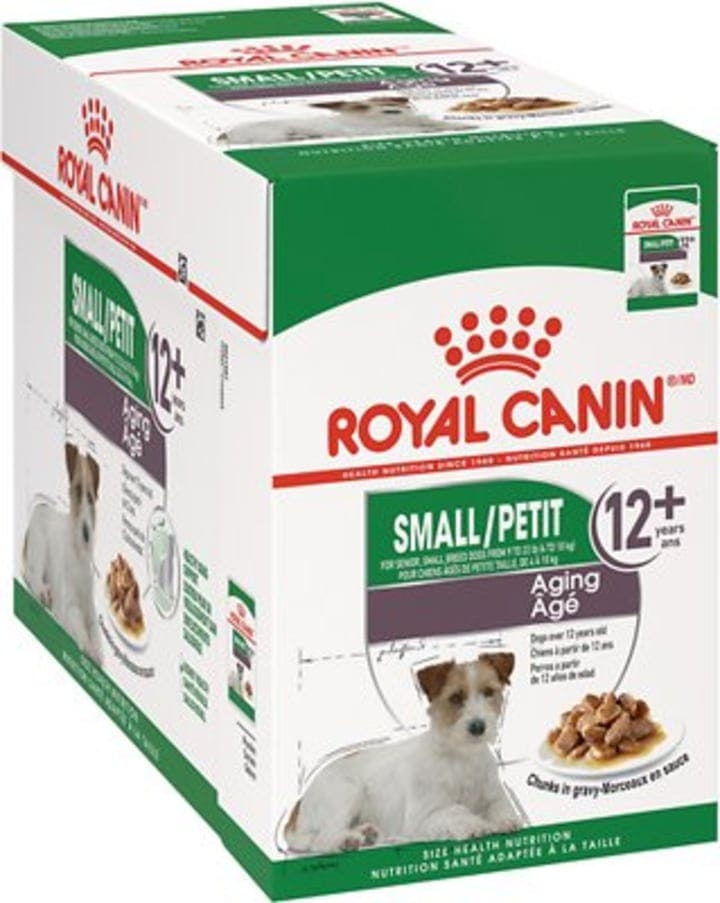As your beloved canine companion enters their golden years, their nutritional needs change significantly. Transitioning to a senior dog food is a crucial step in supporting their health and well-being. This guide will walk you through the essential considerations when selecting the best senior dog food, ensuring your furry friend enjoys a happy and healthy retirement.
Understanding Senior Dog Nutrition
Senior dogs, typically considered over the age of seven, experience a slowing metabolism and may be more prone to certain health conditions. Senior dog foods are specifically formulated to address these changes. They often contain fewer calories to prevent weight gain, higher fiber content for digestive health, and added nutrients like glucosamine and chondroitin to support joint health.
When to Transition to Senior Dog Food
The best time to switch your dog to a senior diet is generally around the age of seven, but this can vary depending on breed and individual health. It’s always recommended to consult with your veterinarian before making any significant dietary changes. Your vet can assess your dog’s individual needs and provide personalized recommendations.
Key Factors in Choosing Senior Dog Food
1. Consult Your Veterinarian
Before making the switch, have a conversation with your veterinarian. They can advise if your dog is ready for a senior diet and offer specific suggestions based on your dog’s health status and any pre-existing conditions.
2. Consider the Senior Version of Their Current Food
A simple way to introduce senior nutrition is by opting for the senior version of your dog’s current food brand. Many reputable brands offer senior formulations that maintain a similar ingredient and texture profile, minimizing the risk of digestive upset during the transition. This familiarity can make the change smoother for your dog.
3. Match Ingredient and Nutrient Profiles
If your preferred brand doesn’t offer a senior option, choose a senior dog food with a similar ingredient and nutrient composition to their current diet. For instance, if your dog thrives on a chicken and rice kibble, look for a senior dry food that features these ingredients. Always consider your dog’s unique dietary requirements when making a selection.
4. Breed and Size-Specific Formulations
Senior dog foods are often available in varieties tailored for small or large breeds. These specialized formulas account for size-specific nutritional needs and potential breed-related health concerns. For example, large breed senior foods might have added joint support, while small breed formulas may feature smaller kibble sizes for easier chewing.
5. Veterinary Recommendations for Special Conditions
For dogs with specific health issues influenced by nutrition, your veterinarian may prescribe a therapeutic or prescription diet. While these might not explicitly be labeled “senior,” they are expertly formulated to manage conditions common in older dogs. These diets often contain targeted ingredients or unique formulations not found in over-the-counter options and require a veterinary prescription.
The Transition Process
Introducing new food requires a gradual approach to prevent digestive upset. Aim for a transition period of 7-14 days.
- Day 1-3: Mix 25% new food with 75% old food.
- Day 4-6: Mix 50% new food with 50% old food.
- Day 7-9: Mix 75% new food with 25% old food.
- Day 10+: Feed 100% new food.
If your dog shows signs of digestive distress such as vomiting, diarrhea, or loss of appetite, revert to their previous food and consult your veterinarian. For dogs prone to digestive issues, extend the transition period.
Conclusion
Selecting the right senior dog food is a vital part of ensuring your aging dog maintains a high quality of life. By understanding their evolving nutritional needs, consulting with your veterinarian, and carefully considering the available options, you can make an informed choice that supports their health and happiness for years to come. Your veterinarian remains your most valuable resource in navigating these important dietary decisions for your senior dog.

